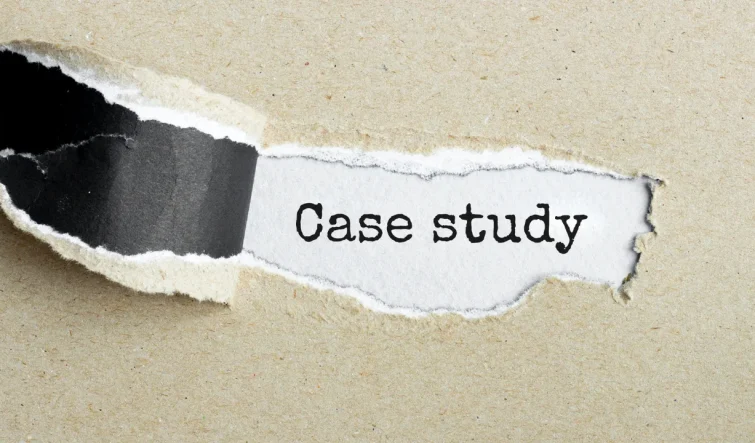The Mallya Case – Kingfisher Scam

Introduction
Vijay Mallya is an Indian businessman at present fighting extradition from the UK. Mallya, who owes 17 Indian banks an estimated Rs 9,000 crore, is accused of fraud and money laundering. Also a former Rajya Sabha member, Mallya is the ex-chairman of United Spirits. He currently continues to serve as chairman of United Breweries Group. Previously, he also served as chairman of Sanofi India and Bayer CropScience, among other companies. Of all his businesses, Vijay Mallya’s name is most closely associated with now-defunct Kingfisher Airlines. The airline company, launched in 2005, proved to be his undoing, as its business model floundered in 2008 when a global recession and soaring fuel prices brought it to a grinding halt. Facing heat from lenders following the collapse of the airline, Mallya fled to the UK in 2016. Mallya has publicly offered to make right on his debts and said he has been doing so since 2016.
How Mallya ended up being a fugitive economic offender?
Mallya inherited UB Spirits, known for the Kingfisher beer brand, from his father and turned it around into India’s biggest spirits maker. He became the chairman of UB Group at the age of 28. However, most other group businesses were not as successful, Kingfisher Airlines being the biggest failure
Mallya inherited UB Spirits, known for the Kingfisher beer brand, from his father and turned it around into India’s biggest spirits maker. He became the chairman of UB Group at the age of 28. However, most other group businesses were not as successful, Kingfisher Airlines being the biggest failure.
What is Mallya’s response to the allegations?
Mallya has denied all allegations and publicly offered to repay the full principal amount he owes the lenders. Just before leaving the country in 2016, Mallya wrote an open letter defending himself. “All inquiries conducted have failed to find evidence of misappropriation of funds by Kingfisher Airlines or myself,” Mallya said. “Despite pledging blue-chip securities and depositing significant amounts in court, a successful disinformation campaign has ensured my becoming the poster boy of all bank NPAs.”
What next?
The Indian government is making all efforts to extradite Mallya from the UK. In February 2019, the UK Home Secretary approved the extradition. The case is now pending in the London High Court, where Mallya filed an appeal against the order. The appeal has been listed for a three-day hearing from February 11, 2020. A consortium of Indian banks led by the State Bank of India (SBI) returned to the High Court in London for a bankruptcy application hearing against liquor tycoon Vijay Mallya. They pursue the recovery of debt from loans paid out to his now-defunct Kingfisher Airlines. At a virtual hearing before Chief Insolvencies and Companies Court (ICC) Judge, both sides deposed retired Indian Supreme Court justices as expert witnesses on Indian law to support their arguments for and against a bankruptcy order against Mallya in the UK. While the banks argued the right to waive their security over the Indian assets involved in the case to recover their debt in the UK. Lawyers argued that the funds in question involved public money held by state-owned banks in India precluded Banks from such a security waiver.
Retd Justice Gopala Gowda argued the reverse in his cross-examination by Mallya’s barrister Philip Marshall, saying the banks had a right to relinquish their security in pursuit of unpaid dues. The exchange between the lawyers got heated at several points during the virtual hearing, followed by Mallya, with Judge Briggs stepping in to urge a focussed question and answer approach to expedite the proceedings. The depositions left no time for closing submissions in the case, which has now been adjourned to a yet-to-be-agreed date in the New Year.